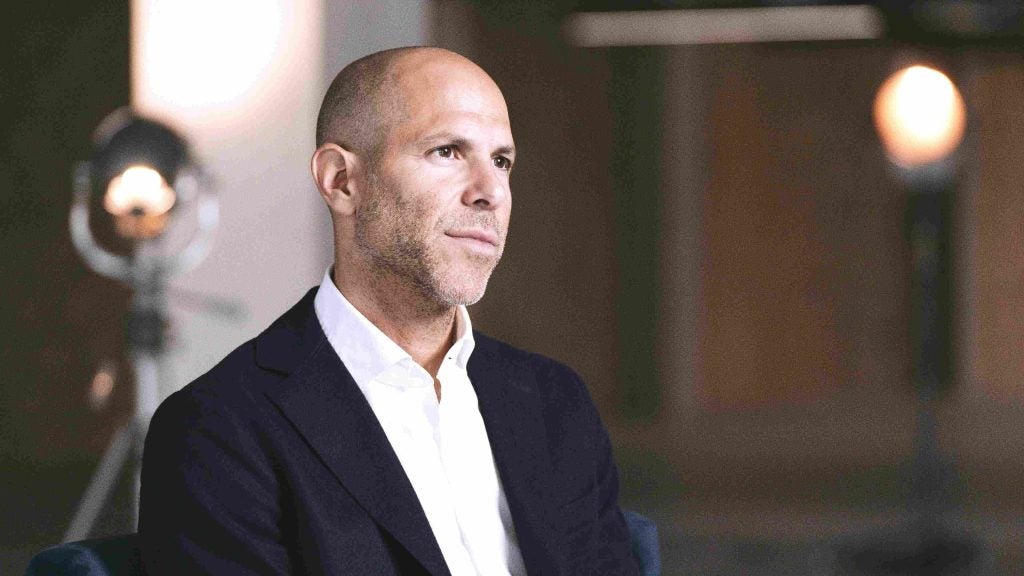Coutts is buying up sterling following a significant fall in the UK currency in the four months following the Brexit vote.
Speaking at the UK private bank’s investment outlook on January 17, Alan Higgins, chief investment officer at Coutts, said that the bank is investing in sterling on the basis of historical evidence that points to the currency reverting back to previous levels.
Sterling has reached 30 year lows, falling by approximately 15%, amidst the UK electorate’s decision to leave the European Union. Higgins added that the bank had been out of sterling for the majority of 2016.
“Our sterling based investment solutions have made significant gains in 2016 as the weakness of sterling has boosted returns from overseas assets. We think its time to take some profits on these currency related gains and to raise our strategic allocations to sterling.”
Coutts expects to see the exchange rate moving back towards its longer-term average. As such, the investment team will look to take profit on some overseas investments and re-invest the proceeds in sterling-denominated assets.
Mohammad Syed, managing director and head of financial advice & investment solutions at Coutts, said:
“Concerns over the UK’s current account deficit are, in our view, overplayed and the deficit should begin falling soon. We only have to look at the market’s love of the dollar and remember that the US has run a trade deficit every year since 1975, to support our optimism for sterling.”
Trump – not a big concern
Higgins said that concerns over Trump’s presidency had been overblown, suggesting that “not enough people looked at the substance of Trump’s policies”. He said that large reductions in corporation taxes were effectively mirroring the tax environment in the UK and Ireland.
He added that the fear of tariffs in the US was overblown, as tariffs are “business as usual” in the US. He noted that Obama had implemented a litany of tariffs during his presidency.
However, fear of restricted China access in the US is also top of mind for Coutts. Higgins noted that this has the potential to cause a global recession
Emerging markets allocation
Higgins said that Coutts is allocating some exposure to Russia. He added that the Russian market has “always been cheap, but it is currently cheap even by Russian standards.”
The private bank is also allocating towards Chinese equities – namely H shares, but not A shares as Higgins feels that the market is unpredictable and that it is difficult to ascertain the validity of the underlying assets.
Higgins added that China is attractive due to low government debt whilst being a comparatively cheap market.
The bank is also eyeing up investment in Vietnam as it predicts significant growth potential in the region. However, Higgins noted that Vietnam is a challenging investment area, as the market is very illiquid. He added that Vietnam allocations would not be in all portfolios, but for more bespoke solutions for clients such as Hedge Fund managers.
A return to ABS
Short-dated credit, asset backed securities (ABS) and subordinated financial debt are also favoured opportunities for Coutts in 2017. Syed suggested that ABS provide good value going forwards, over-compensating investors for default risk and paying attractive incomes.
Syed continued: “We forecast U.S rate rises in 2017 and so floating-rate bonds are a good place to be with the interest paid going up in line with any central bank rate rise. Elsewhere, financial debt is currently undervalued due to widespread negative sentiment to financial institutions. The higher income and attractive yields paid on subordinated financial debt more than compensates for the additional credit risk and presents us with an overlooked investment opportunity.”







